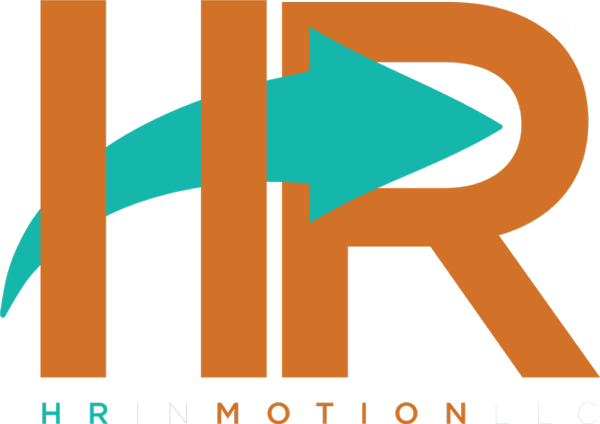Does Your Annual Performance Review Process Need a Review?

More than three-quarters (77%) of organizations conduct annual performance reviews, according to the Society for Human Resource Management/Globoforce Survey: Employee Recognition Programs. A consistent practice among many companies, annual reviews can be dreadful, inconsistent, and meaningless for both the employer and the employee. But when was the last time you updated yours?
Paul Falcone describes three components of the performance review cycle in his book 2600 Phrases for Effective Performance Review, "Goal setting and planning, ongoing feedback and coaching, and appraisal and reward." Your annual review process may need to be reviewed if it does not align with these three elements.
Here are some tips on how to update and upgrade your annual review process:
Change the time of year of your annual reviews.
Some companies plan their annual reviews during project-heavy quarters or close to the holiday seasons when work can be hectic and minds a bit scrambled. Managers should have the autonomy to change the time of year annual reviews are performed.
You can also do an office poll to ask employees about the best time for annual reviews, given their workload.

Communicate with employees more throughout the year.
Consider giving employees more feedback throughout the year instead of waiting for an annual review to discuss their strengths and weaknesses. Schedule regular 1-on-1 check-ins or monthly meetings to discuss an employee's current goals, recent wins, and helpful feedback. This makes the review process less looming and allows an employee to work on weaknesses beforehand.
Ensure employees can give feedback as well.
Employee feedback is a vital part of the annual review process. It allows employees to share information about their work experience and may even give managers insight into why an employee is succeeding and, in some cases, needing more support.
Ensure the meeting is an employee-focused collaborative effort by allowing employees to review their work—and even their managers—before giving additional feedback.
Create a post-review process.
An annual performance review needs practical insight and post-meeting action steps. During the meeting, provide motivating yet actionable items that employees can implement in their daily work and set short- and long-term goals. Give employees tools and resources clearly directed toward their weaknesses and follow up consistently.
Hire an HR consultant to develop metrics.
To ensure annual performance reviews are most effective, human resources consulting firms like HRinMotion, LLC can help your company establish metrics to ensure reviewers are equipped with timely and constructive feedback. HR consultants can also keep tabs on good and bad performances year-round (instead of scrambling to compile a few examples the day before the review), creating a consistent evaluation process and guiding managers to lead a productive conversation.
If you've identified missing some of these elements, don't worry; all annual performance review processes should be updated regularly. Allow HRinMotion, LLC to help yours reach its full potential.




